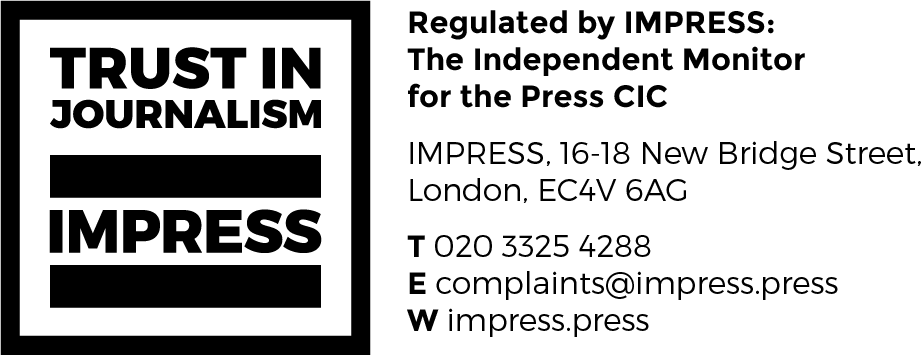Rattlingly good advice on facing attacks

Dealing with rattlesnakes and attacks on business aviation demand different strategies. (Photo credit: Pixabay).
“Stop. Listen for the rattle. Back away … slowly.”* Taxi drivers the world over are full of helpful advice. This, from Scott, concerned what to do if you encounter a western diamondback rattlesnake. Not an entirely unlikely possibility; as he was driving me to the National Aircraft Finance Association’s (NAFA) 52nd conference last week in the Tucson Mountains of Arizona. Faced with threats, the National Business Aviation Association (NBAA) has a different solution.
Scott’s advice was fresh in my mind, as I listened to Ed Bolen, president and CEO, NBAA explain the growing menace facing aviation. “Business aviation is under full-scale attack,” he told the conference’s 230 delegates. “There is an effort to disparage our industry, which is not consistent with data and our strategy and we see it in a lot of ways. Nor is the problem confined to Europe, it also occurs in the US.”
Evidence is not hard to find. Top of mind were three new US policy initiatives that could significantly damage business aviation. The unholy trinity includes: the Internal Revenue Service (IRS) plans to step up its audits of business jets owners, a plan for longer depreciation periods on aircraft purchases and a planned five-fold increase in fuel tax over five years.
“On February 21st, the IRS said it would do a lot more audits of people who own an airplane,” said Bolen. “The IRS is saying we think there is a lot of non-compliance on personal use.”
Fuel tax and depreciation are also being targeted. “There is a proposed five times increase in [fuel] tax with no real justification. Plus, there is also a proposal for longer depreciation schedules at a time when most policy-makers think shorter depreciation is good for jobs and good our economy,” he added.
Such legislative attacks are not restricted to the US. Earlier this week, Brazilian Congress moved to approve new tax legislation, which could penalise business aviation, according to Felipe Bonsenso, partner with the country’s law firm Bonsenso Advogados.
If enacted, the ‘Imposto Seletivo’ or Selective Tax would apply to aircraft that are considered harmful to the environment and health. The rate of tax increase is apparently still under discussion.
An attack of a more visceral kind took place this week when protestors stormed onto Hanscom Field Airport, near Boston, Massachusetts. Extinction Rebellion protesters climbed a perimeter fence to disrupt airfield operations forcing the temporary closure of the airport. The raid was staged in protest to Massachusetts Port Authority’s plan to build more hangars for business jets on the airport.
The latest protest follows similar action by the group and others targeting private aviation at other airports in North America and Europe – including, notoriously, at last year’s EBACE event at Geneva Airport.
So, what to do when under attack? The NBAA’s strategy is the opposite of the one recommended by my Tucson taxi driver. Instead of backing quietly away from the threat, the NBAA’s policy is to counter it with reasoned argument, backed by hard data seasoned with practical examples of how business aviation is benefiting lives and businesses worldwide.
Business aviation has a wealth of data to back its case and the global industry should find a unified voice to put that case to policy-makers, protestors and the public worldwide, according to the NBAA. Bolen put it like this: “The facts, the truth and the reality are on our side. We really are an important engine for the economy, a vital link in the transportation system, developing remote economies and businesses to grow by staying in contact with the global economy.”
Combating the many threats facing global business aviation demanded a truly co-ordinated industry response. The association aimed to focus that response with its Climbing.Fast campaign launched at the NBAA-BACE in Las Vegas last October. In addition to promoting the industry’s business and community benefits, the campaign aims to highlight the sector’s mission to achieve net zero carbon emissions, including the use of sustainable aviation fuel (SAF) and its leadership on sustainability targets.
The campaign, and the industry it seeks to defend, faces tough battles to win over business aviation’s increasingly vocal critics: That’s even with the campaign’s army of acronym-based ambassadors including NAFA; the reason for my visit to the Tucson Mountains.
*Meanwhile, please do not rely solely on my taxi driver’s advice if you encounter a western diamondback rattlesnake or any other type of venomous reptile this weekend. Always seek professional guidance. (Scott’s contact details can be provided on request).

Note of complaint: NBAA argues against IRS plans to step up audits of business jets owners and plans for longer depreciation periods and higher fuel tax.
Subscribe to our free newsletter
For more opinions from Corporate Jet Investor, subscribe to our One Minute Week newsletter.








